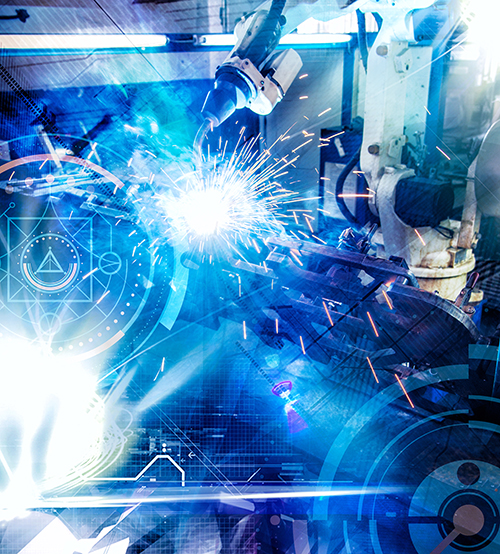Smart Factories of the Future
By: Sree Hameed

The last two years have been challenging for all global business, but the manufacturing sector in particular has found itself at the coalface of change. As the pandemic disrupted supply chains globally, plant owners were forced to respond to rapidly changing demand with newfound nimbleness, speed and agility.
With these lessons in hand, today’s emerging business imperatives for the manufacturing industry include flexibility, supply chain resilience, increased productivity, and sustainability. The optimization and integration of both business planning and manufacturing execution into a single digital system represents the next-step gain for manufacturers for growth and profitability.
Put simply, those manufacturing systems that enable a demand-driven and dynamically optimized value chain will survive—and thrive—into the next decade and beyond.
Growing demands
In the coming years, plants and factories will face ever more stringent regulatory and compliance requirements, as well as growing public and governmental pressure to be sustainable and energy efficient.
Such demands also dovetail with global trends toward adopting new processes for circularity, carbon reduction and waste reduction. It’s not enough for today’s aging systems to be fit for an Industry 4.0 age—they must be Industry 5.0-ready.
Amid this age of rapid digitalization, many plants have embarked on transformational activities that align manufacturing systems to provide both operational and business improvements. Digital technologies are at the heart of these changes given their ability to drive exponential productivity and sustainability benefits across the value chain.
According to the World Economic Forum, the value of digital transformations in the Fourth Industrial Revolution (4IR) is estimated at $100 trillion in the next 10 years. The manufacturing sector, which has long been a driver of global prosperity and economic growth, is key to this transformation.
Automation and beyond
Globally, manufacturing companies have generally kick-started digital transformation with plant and machine automation to minimize manual operations and maximize physical throughput.
But more advanced technology, such as manufacturing execution systems (MES), goes above and beyond the reduction of manual processes to transform core application functionality and business performance.
Technological advances in big data and predictive analytics, business process management, mobile applications, and augmented reality are enabling manufacturers to empower operators to make sense of operational data.
Detailed production history data offers payback opportunities by providing optimization insights and facilitation of continuous improvement. Visibility into operations and resource status enables better decision-making and collaboration between plant and enterprise functions.
What’s more, newer platform and integration technologies such as cloud, IoT, IIoT, and smart and edge devices are driving down the cost of digital transformation in the manufacturing sector.



















